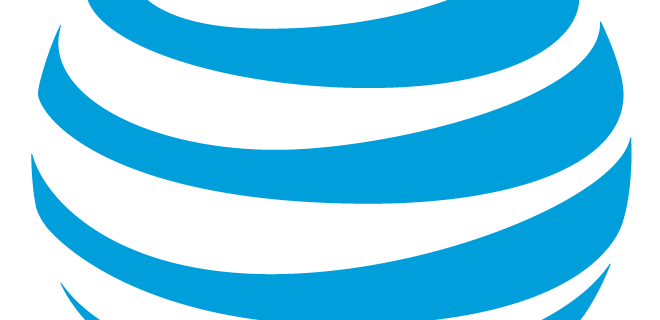
Gossip about a potential AT&T acquisition of AppNexus filled up just about all the conversations on the wharf and across le Croisette during the Cannes Lions festival last week.
Since word came through that the deal was sealed (or rather agreed upon) on Monday, I’ve been combing through all the analyses on whether or not this merger, following the approval of AT&T’s acquisition of Time Warner, is a major industry shake-up—whether the days of the duopoly are numbered.
And the boring answer is: it’s way too soon to tell. Sure, the AppNexus deal expands on a foundation AT&T had been building up with the acquisition of Time Warner (and DirecTV before that). This base could be a threatening end-to-end buying solution in the next few years.
But digital advertising is a frustrating multi-player game of chess that you have to analyze one move at a time. Of course, past moves point to future strategy, and the developments so far offer a decent vision.
How We Got Here
Last year, the US Congress reversed the FCC Broadband Privacy Act requiring ISPs to seek consumer opt-in before leveraging browsing data. This means all of the ISPs have potentially massive data mines that could compete with Facebook and Google’s walled gardens.
Verizon has its own supply of content and ad tech infrastructure thanks to the acquisitions of AOL and Yahoo (the Oath, you swore!). Comcast has something similar resources in NBCUniversal and FreeWheel respectively.
Neither one is giving Google or Facebook a run for its money… Yet?
This acquisition probably could not have come at a better time as Google’s GDPR reaction alienated buyers (via cutting off certain data tools) and sellers (via what can probably be best described as manhandling) alike.
The word around Cannes was that AT&T also wanted to scoop up DSP The Trade Desk, giving the telco an end-to-end buying solution with data galore. And buyers have been looking for scalable options outside of DoubleClick Bid Manager (DBM).
This acquisition probably could not have come at a better time as Google’s GDPR reaction alienated buyers (via cutting off certain data tools) and sellers (via what can probably be best described as manhandling) alike.
Let’s be honest—Google is not trusted as an exchange because they again and again use their sizable programmatic position to its own advantage often at the expense of buy- and sell-side partners. The prime example: the header bidding revolution was a response to Google’s Dynamic Allocation in DFP, which was screwing over mainly pubs but advertisers as well.
What about Facebook? Well, Facebook is an ad network. Buyers want flexibility—if they’re not happy about what Google offers, why give Facebook the time of day? Because of its scale and data quality, of course… But what if you could get decent scale, quality data, and great context in a transparent fashion?
A New Way to Buy
Since chasing cookies all over the web is no longer as cheap (and is generally frowned upon) and GDPR has tightened up the supply of quality of data, buyers are (finally) asking pubs, “What you got?” Suddenly they really need that pub data that they’ve long said was extremely valuable (while ignoring it to go cookie-hunting).
Via AppNexus and Time Warner, AT&T should be able to offer cross-site and cross-platform buying, as well as highly managed PMP and other programmatic arrangements that leverage AT&T customer data.
And you can bet those consultancies that upped their presence at Cannes Lions will use these advanced buying platforms to further their goal in dis-intermediating agencies… Because eventually we’ll see similar comprehensive buying platforms from Verizon and Comcast.
33Across’ Eric Wheeler, who had some key insights on a panel I moderated at Cannes Lions, has some smart thoughts on this: “These companies know exactly what advertisers want: to achieve true ‘network effect’ by reaching potential customers over a broad combination of digital, broadcast and OTT. And be able to do so via one company structure that can provide cross-channel advertising experiences with consistent measurement.”
Battle Drums
Is that noise I hear the tumbling of the duopoly? Well, no. Google and Facebook make a ton of money off small and medium advertiser buys on their automated platforms. No other player is really challenging them in this space; all those little buys add up.
Until the ISPs or other players can offer self-service platforms at scale for the SMBs—meaning at a price they can swallow—the duopoly will maintain its footing. Programmatic direct technology could be the answer for the ISPs (and other publisher alliances)—and then we may really have a feud on our hands.
But at this point it’s a waiting game. The opportunity for the ISPs is looming large, but there are still many moves to make. In addition, it’s unclear how Google or Facebook (or even Amazon) will react to overt moves to grab market share. The battle is a-coming; I expect smaller tech players without differentiated demand will be collateral damage and get swallowed up sooner rather than later—the second half of 2018 will likely be messy.
I’m also sure a bunch of Time Warner/Turner properties have an ad server migration in their near future.